The KED View
The case for improved Seoul-Tokyo relations
S.Korea’s security is best assured through collaboration with Japan, which shares its democratic and free-market values
By Jul 12, 2022 (Gmt+09:00)
4
Min read
Most Read
LG Chem to sell water filter business to Glenwood PE for $692 million


Kyobo Life poised to buy Japan’s SBI Group-owned savings bank


KT&G eyes overseas M&A after rejecting activist fund's offer


StockX in merger talks with Naver’s online reseller Kream


Mirae Asset to be named Korea Post’s core real estate fund operator


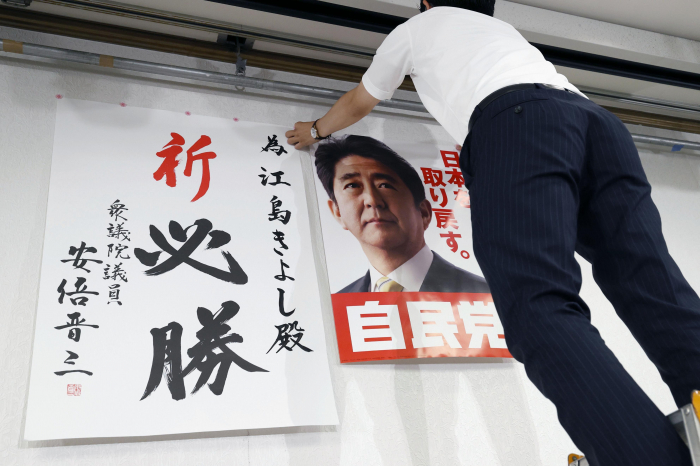
Unlike the West or China, which showed vastly different reactions, most South Koreans had a more complicated initial response to the news of former Japanese Prime Minister Shinzo Abe getting shot during a political campaign.
The Western nations were quick to express condolences while Chinese social media outlets were inundated with glee and taunting.
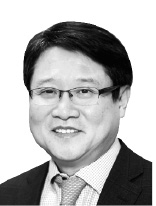
The root of the unique response dates back to 1923 when police-initiated rumors and “kill any Korean you find” orders resulted in the massacre of at least 6,000 ethnic Koreans and liberal Japanese in the Kanto region.
The Kanto Massacre came in the aftermath of the Great Kanto earthquake when Korean laborers who joined a left-leaning stevedore union upset local law enforcement authorities by voluntarily providing food and water in the neighborhood before the bureaucrats.
Abe, who died on July 8, was not a popular figure in South Korea, because of the career politician’s public stance catering to the Japanese conservatives.
When asked about the issue of military-organized sexual slavery which mostly involved Korean and Chinese women during World War II, Abe said his government is “not at all considering” issuing apology letters to the Korean victims.
Abe was also the architect behind delisting South Korea from a list of 27 favored trade partners in August 2019, as a tit-for-tat after the Korean Supreme Court ordered Japanese firms to provide compensation to the victims of forced draft labor during 1910-45 colonial period.
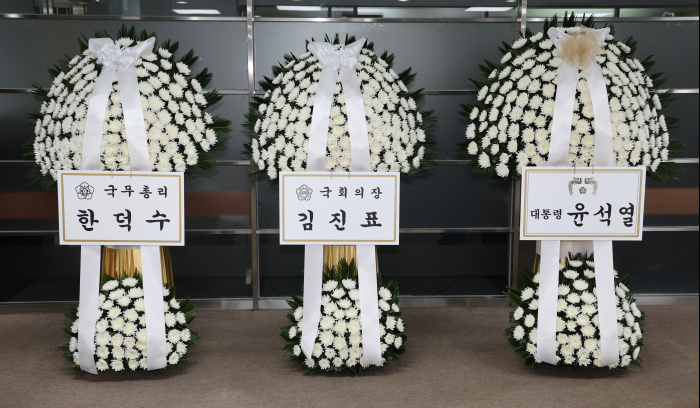
Following the death of the longest-serving prime minister in Japanese history, academics and experts offer a diverse set of scenarios for the bilateral relation.
Some caution that the conservative ruling coalition’s sweeping election win could lead to a historic revision to Japan’s pacifist constitution, which would have a devastating effect on its relations with neighbors including South Korea.
Others still are counting on the diplomatic prowess of incumbent Prime Minister Kishida Fumio, who served four years and eight months as Japan’s foreign minister.
Now is the time to reflect on how we should move forward with Tokyo by examining how we perceive Japan.
We must keep ourselves in check and make sure that our decision-making in dealing with Tokyo is not based on selective perception deriving from emotions.
What sparked the issue of compensation for the forced drafting of Korean workers during colonial rule was a propaganda booklet written by a historian who is a member of Chongryun, the General Association of Koreans Residing in Japan.
The pro-Pyeongyang academic is widely thought to have published the booklet titled “A record of forced detention of Koreans” with the hope of countering the thawing of relations between Seoul and Tokyo following the normalization of ties in 1965.
Experts say his ties to Chongryun could have played a role in the negative portrayal of the different aspects of drafted work, such as the method of recruitment, task allocation, and pay.
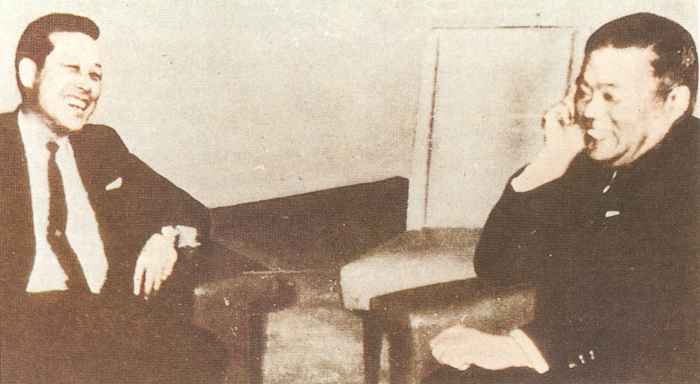
Below are some of the main points regarding the Treaty on Basic Relations between Japan and the Republic of Korea signed on June 22, 1965.
Beginning with the fact that reparation for atrocities committed during colonial rule is not a sine qua non or an indispensable requirement, the Japanese government’s monetary contribution to the peninsula outweighs the value of assets taken out of South Korea during that time.
There is also the issue that some liberals disregard the $300 million grant and $200 million in loans as part of reparation as settled in the 1965 treaty contributed to the South’s stellar economic rise.
Lastly, South Korea’s Supreme Court ruled that the basic treaty didn’t cover individuals’ rights to seek compensation for crimes against humanity, and ordered Japanese conglomerates Nippon Steel and Mitsubishi Heavy Industries to pay reparations.
While it is true the compensation for the drafted victims is insufficient, we must question whether the Japanese firms, rather than the South Korean government, should be accountable for the inadequate treatment.
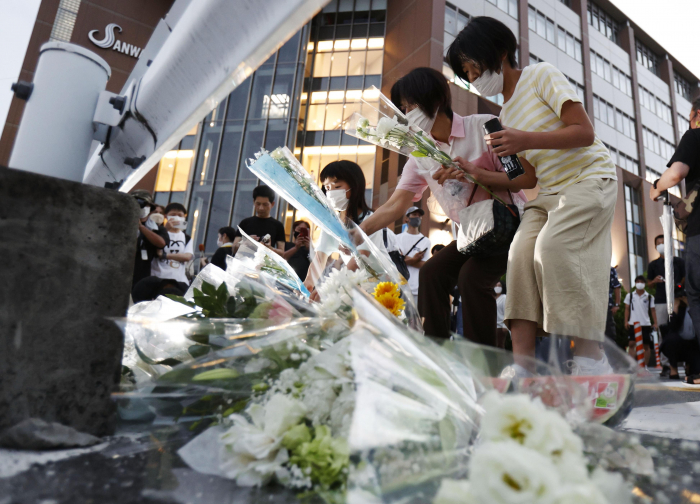
So why must we improve our ties with Tokyo?
It isn't simply to be a good neighbor.
In the current international climate, South Korea’s security is best protected by aligning with Japan.
We are surrounded by two nuclear powers, North Korea and China, and Japan is the only immediate neighboring nation that shares our common values of liberal democracy, a market economy and respect for human rights.
The United Nations Command has seven rear bases in Japan, which could provide troops to South Korea in time of need.
North Korea and China are the beneficiaries of the weakened alliance between Seoul and Tokyo.
It behooves us to approach Korea-Japan ties in terms of broader space and time, with international affairs in mind.
The issue of compensation for draft workers would only result in a meaningful political solution if it is decided through a national consensus based on facts and practical interests.
Write to Seong-Min Yoon at smyoon@hankyung.com
Jee Abbey Lee edited this article.
More to Read
-
 Business & PoliticsSeoul, Washington to bolster small nuclear reactor tech alliance
Business & PoliticsSeoul, Washington to bolster small nuclear reactor tech allianceMay 19, 2022 (Gmt+09:00)
6 Min read -

Comment 0
LOG IN


